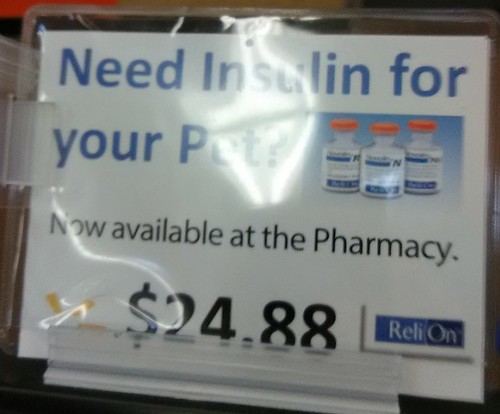That brings me to the third and most obvious cases of imperial economic power—direct foreign intervention on behalf of business, where the state’s military or diplomatic power is used to protect American companies overseas. Many of these go way back in time, from the “banana republics” of the United Fruit Company backed by American military power in the early twentieth century (“I was a gangster for capitalism,” wrote U.S. Major General Smedley Butler), to the 20-year occupation of Haiti to protect a U.S. sugar company. Today, this is more likely to take a form like presidents pushing slanted trade deals to protect the profits of U.S. pharmaceutical, entertainment, and financial companies.
Take the drug industry. President Bill Clinton badly worsened the developing AIDS epidemic in southern Africa by attempting to stymie South African President Nelson Mandela’s plan to import cheap drugs from non-U.S. countries. President Obama consistently pushed to limit access to cheap generic drugs for poor countries, particularly through provisions in the failed Trans-Pacific Partnership, leading to multiple acrimonious disputes with Doctors Without Borders, among others. The obvious motivation was to jack up profits for American drug firms.
These cases unarguably constitute economic imperialism, reflecting the fact that business elites have tremendous influence over the machinery of the American state. But only a small fraction of the population works in those industries—and an even smaller group of investors and executives collect most of the profits.
Those high drug prices have been disastrous for Americans as well. As of 2015, the United States spends some $1,443 per person on prescription drugs—over twice what France spends, and nearly three times what the Netherlands spends—entirely because of this corporate profiteering.
After years of steep price hikes on insulin—a century-old medication—diabetic Americans are routinely bankrupted by drug costs, and some have died. And it’s not just insulin. The EpiPen cost about $76 in 2001 but after Mylan Pharmaceuticals bought the rights to the technology in 2007 it jacked up the price; by 2016 it cost $634 for a pack of two.
Yes, drugs are big business and the US government works for Big Pharma and not for the American people.
Who's campaign has hit on this issue?
Only one: Senator Bernie Sanders.
The inventors of insulin sold the patent for $1. A vial costs $6 to make. Drugmakers sell it for $300 a vial in the United States.
That level of greed is scandalous, it is outrageous, and when we win it is going to end.
The greed is scandalous and it needs to stop.
Know what else is scandalous?
America is becoming an episode of LIFE ACCORDING TO JIM. A bad episode? All the episodes of that show are bad. But in one episode, Jim Belushi's character buys drugs for animals to give to the family because he's let the insurance lap and doesn't want anyone to know.
Proof?
Dona checks everyone's phones from time to time. We're all snapping things that might be of interest. She goes through them every few weeks and saves whatever photos we might be able to use here. This one comes from Ava's phone and she took it at a WALMART -- she doesn't remember which state they were in.

WALMART's pharmacy advertises that they have pet insulin and can sell it for $24.88 a vial.
Do you really think WALMART believes pet owners are buying it for their pets?
No, they know better.
It's all wink-wink and pretend that Big Pharma isn't screwing everyone of us.
Bernie's so far the only one running for the Democratic Party's presidential nomination who grasps that and is willing to fight for We The People.










